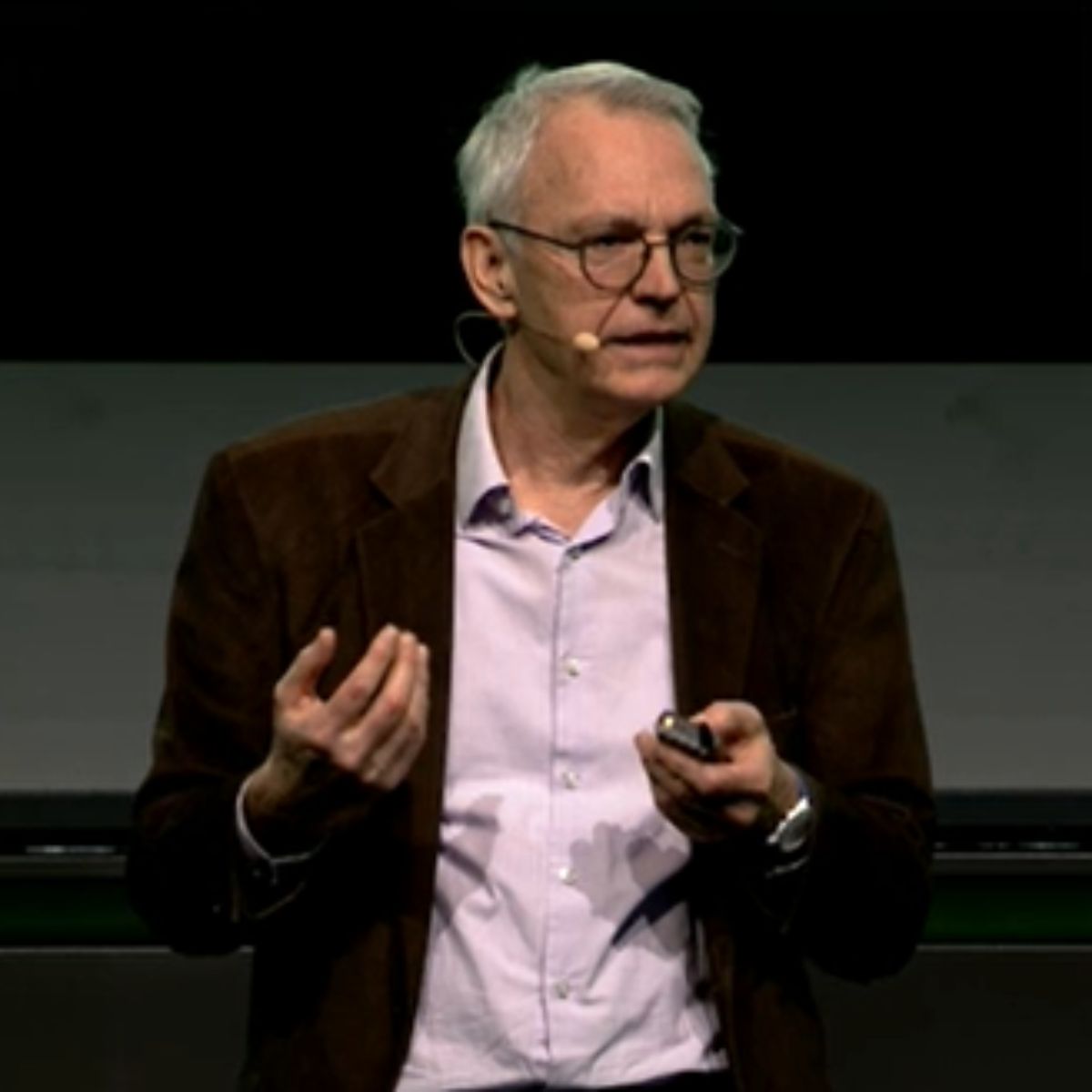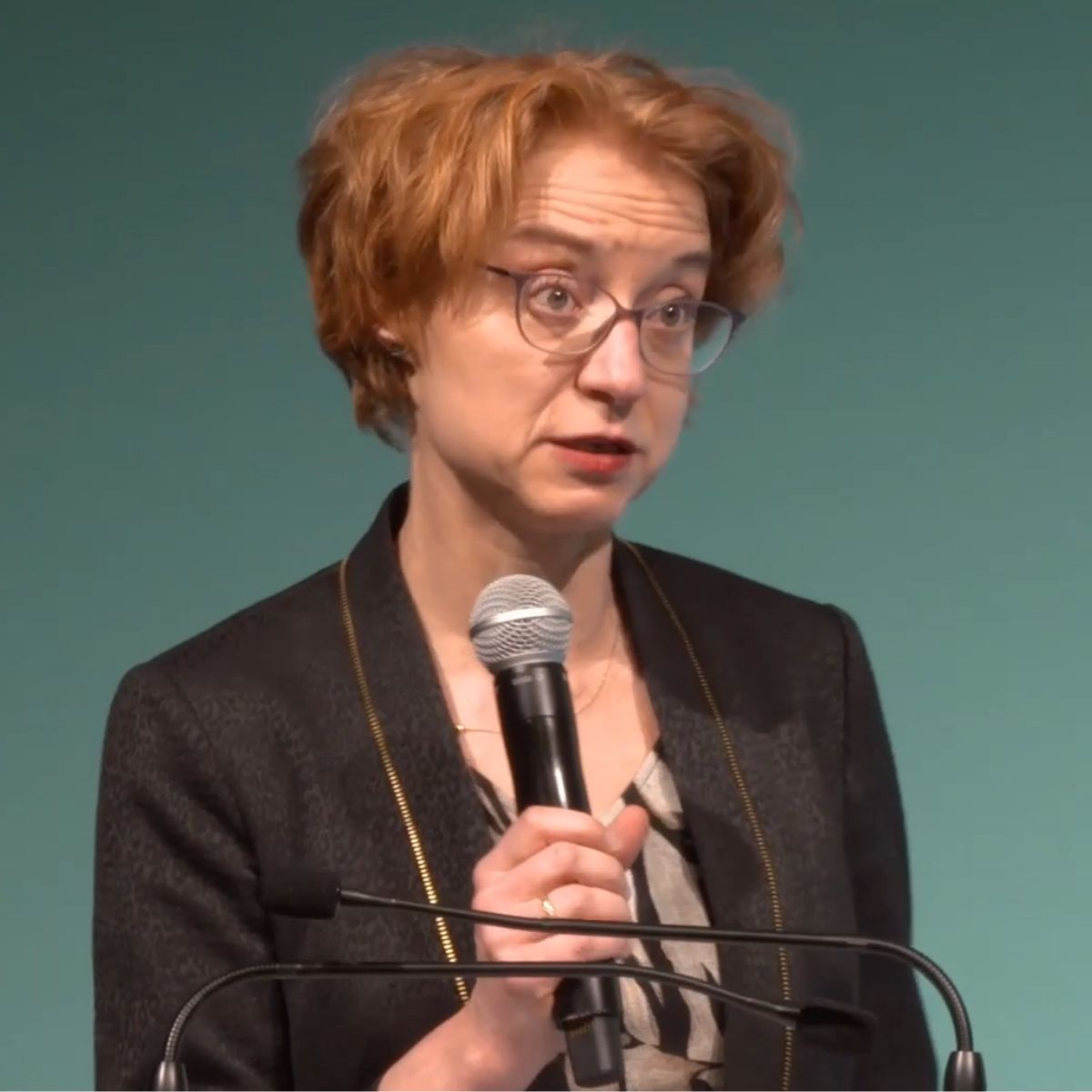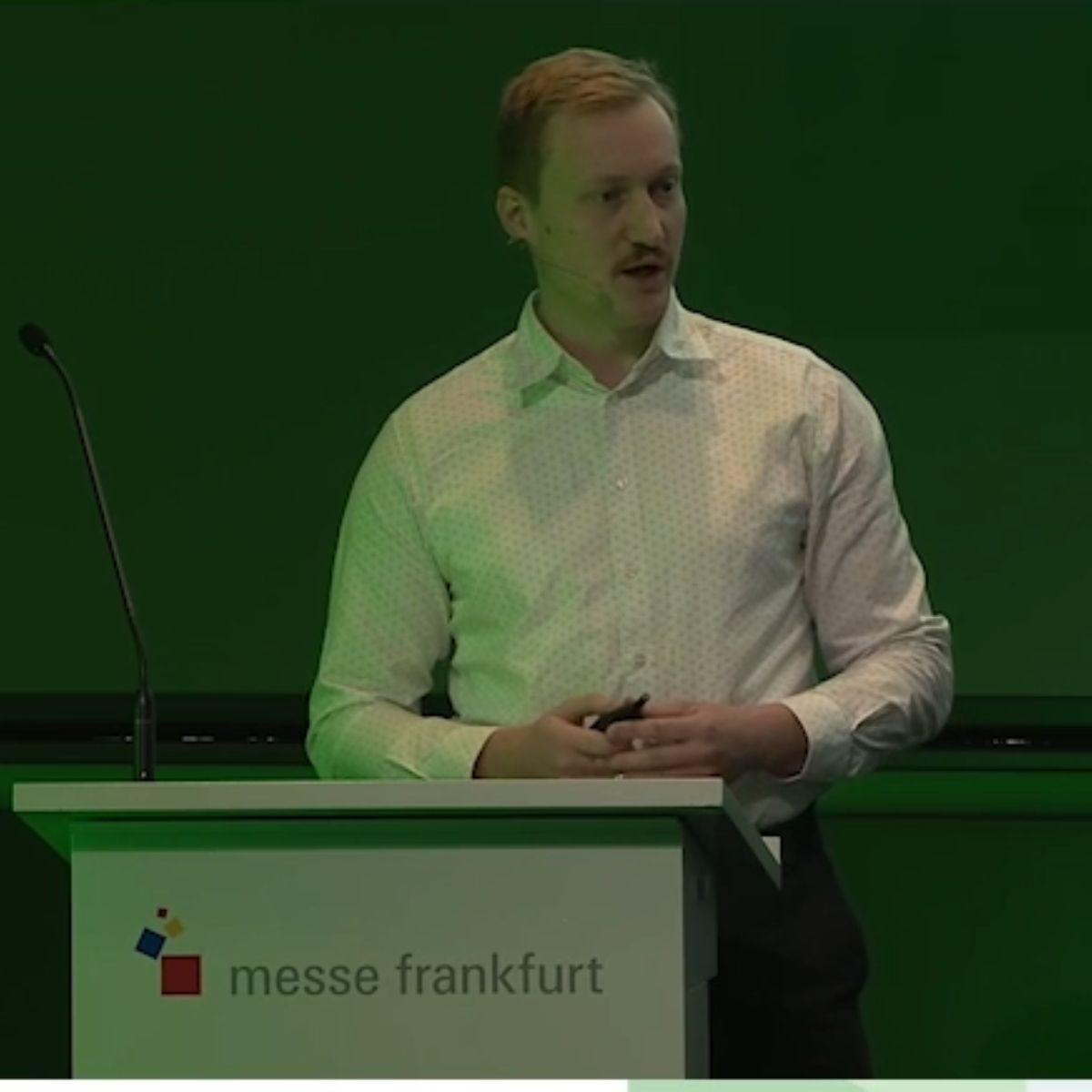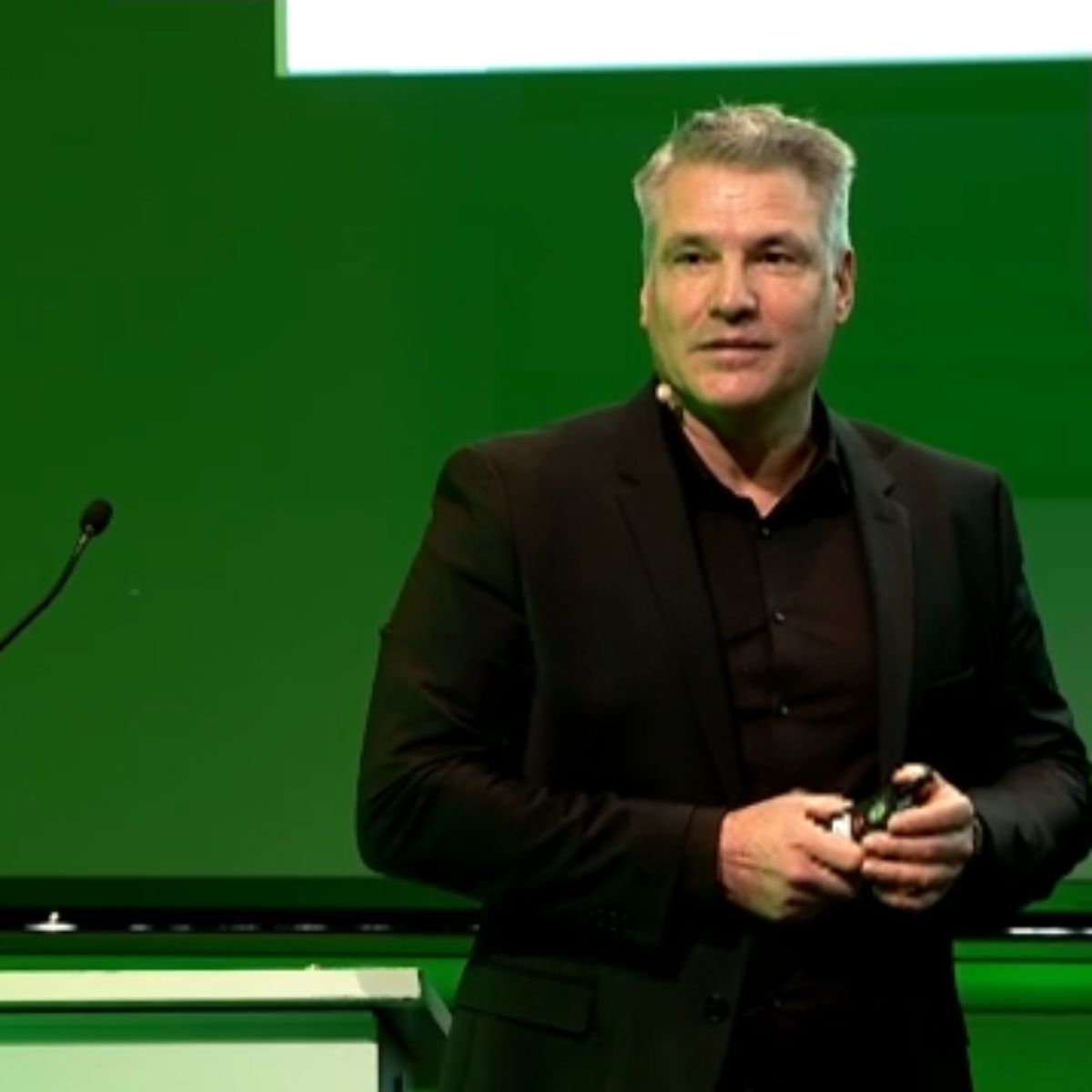This high-level session dives into the international transformation of energy infrastructure, spotlighting pioneering solutions that blend innovation, climate impact, and practical implementation. The speakers provide compelling insights from global industry and policy arenas, emphasizing the urgent need for cooperation, vision, and financial frameworks to scale up climate-positive technologies.
Key themes include Denmark’s successful district heating model, where political consensus, long-term planning, mandatory grid connections, and nonprofit utilities have enabled over 70% household connectivity and wide use of waste heat. The talk outlines why this model can’t be copied directly, but offers essential lessons for Germany and beyond—especially in ensuring stability and public acceptance.
A groundbreaking dual-use approach is introduced by a company extracting both geothermal heat and lithium from the Upper Rhine region. Their closed-loop system combines energy generation with battery-grade lithium production—entirely carbon-free—highlighting how regional resources can power both clean heat grids and e-mobility. Insights into project scaling, urban partnerships, and public acceptance strategies reveal the depth of this innovation.
Another presentation explores how hydrogen projects often stumble—not due to lack of interest, but due to missing regulation, fragile supply chains, and insufficient staffing. The session lays out three key success factors for bankable hydrogen projects: local partnerships, certifications, and qualified personnel, while also mapping out realistic hydrogen import options from Southern Europe, North Africa, and (eventually) Ukraine.
Finally, fuel cell technology is put in the spotlight. One company presents its high-efficiency solid oxide fuel cells, offering reliable, low-emission power for data centers and industrial users. Their modular “Hotbox” system achieves record-breaking electrical efficiency and enables easy CO₂ separation for further use or storage.
The discussion rounds off with questions on integration, regulation, and scalability—making this a must-watch for anyone shaping the future of energy.
Moderation:
Prof. Dr. Peter Birkner, House of Energy
Impulses and Panel:
Matthias Balzer, Danfoss GmbH
Dr. Kristian Bär, Vulcan Energie Ressourcen GmbH
Dr. Thomas Weiß, TÜV SÜD AG
Dr. Tamer Turner, Bloom Energy Germany GmbH









